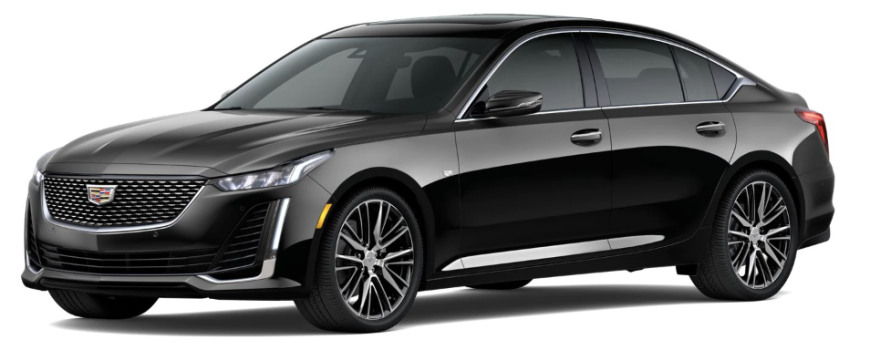It's much easier and more economical to regulate, scrub and maintain one big power plant in a city than thousands of individual power plants on wheels. Converting between forms of energy is also much more efficient when done at scale. Yes the vehicles themselves need to be manufactured and disposed of, and the math there is different for EVs than it is for ICEs, but the guidance is roughly the same-- there's a sweet spot between constant replacing to stay on top of the technology trends and keeping old, inefficient equipment online.
Somewhere there's probably been a study done on where the break even point is on environmental impact-- how many years of lower tailpipe emissions does it take to offset the emissions of changing vehicles.
As far as the macho EV crowd, I think that's missing the point. Electric is more green for everyone, including the macho crowd. There's at least two ways to reduce environmental impact-- one is to change behavior, the other is to change technology. As a society, we haven't been doing well on the first. If someone wants a high torque make-me-feel-like-a-man vehicle, they're going to buy one. It'll either be a massive displacement gas engine or an EV. Better that they buy the later. The fact that electric actually gives better performance in many cases than gas helps seal that deal.
Someone can correct me if I'm remembering my history wrong, and I know the history has been overwritten a few times, but my recollection is that the original Tesla team didn't set out to save the environment, the set out to make a high performance car. That's why they built it on the Lotus frame rather than a Fiesta.
This was also my point above about regenerative breaking in SUVs making them more tolerable. People are going to buy those cars even if they only commute to work in them. My rental car company forced me to "upgrade" from my intermediate sized car because they were out of vehicles. They suggested a Chevy Suburban. Turns out they also had a Toyota Sienna hybrid available which is also huge but has twice the city fuel economy and 50% better highway economy. That seems like a significant win even if we can't convince people to drive smaller vehicles.





